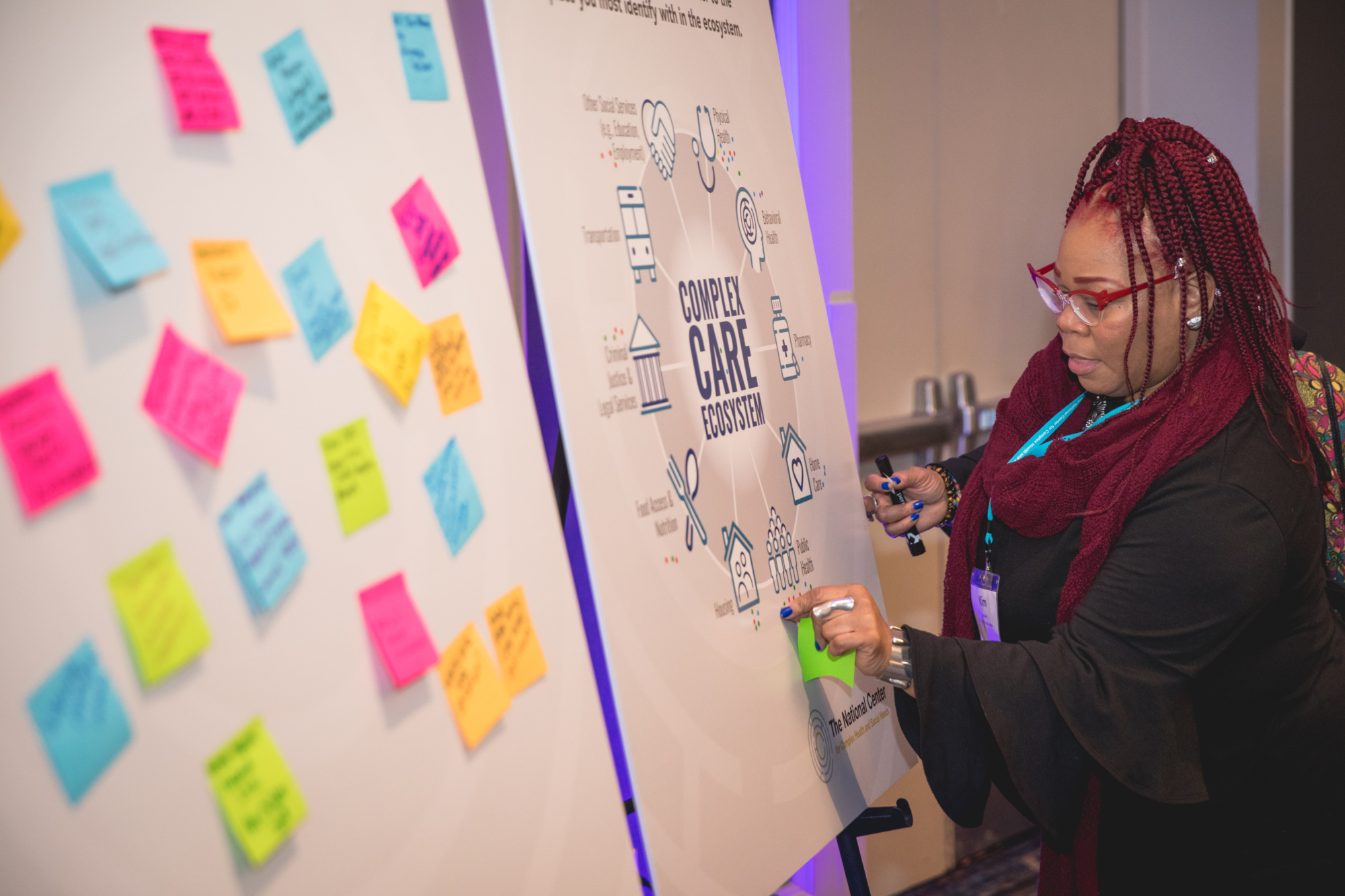Billing for office-based addiction treatment
New Jersey provider resource guide
Care management & redesign Behavioral health & addiction Funding & financing
Training addiction care navigators in NJ
Care management & redesign Behavioral health & addiction Education & training Workforce development

NJ Family Care’s Office-Based Addiction Treatment (OBAT) program is designed to make it easier for New Jersey Medicaid beneficiaries to access medications for addiction treatment (MAT) — evidence-based treatments for substance use disorders — through primary care and other ambulatory settings. OBAT provides additional supports and reduces administrative barriers for primary care and other outpatient clinicians to provide addiction treatment without needing to refer patients out to behavioral health services.
The OBAT model calls for OBAT navigators — nurses, social workers, and/or individuals with lived experience of addiction — to support the psychosocial needs of patients through all phases of their treatment.
We provide regular trainings for OBAT and other addiction treatment navigators that include lessons on harm reduction, trauma-informed care, relationship-building, care-planning, and more.
We also provide regular virtual venues for all New Jersey providers who support addiction treatment and navigation in New Jersey to receive support, training, and case conferencing. These include our bi-monthly MAT lunch hours and quarterly SUD navigation support calls.
If you have questions or would like more information, contact the OBAT team, at [email protected].
The Camden Coalition’s OBAT Care team training provides OBAT navigators and other members of New Jersey’s SUD workforce with the foundational knowledge and skills needed to support patients with navigating treatment and recovery. Starting in 2026, the training will be offered in a new, asynchronous format, allowing you to complete the curriculum on your own schedule! Topics covered in the training include:
In partnership with New Jersey Family Care, the OBAT Care Team training is offered at no cost to New Jersey OBAT navigators and other members of New Jersey’s SUD workforce. Participants will receive a Certificate of Completion at the end of the course. CEUs are available for some disciplines. Sign up now to be the first to know when registration for the new asynchronous OBAT Care Team Training opens! Please contact Erica Hartmann at [email protected] with any questions.
Co-hosted with New Jersey’s MAT Centers of Excellence, the medications for addiction treatment (MAT) lunch hours are hour-long virtual meetings to hear from experts and discuss the latest in clinical and non-clinical issues affecting the MAT patient population. Providers, OBAT navigators, peers, advocates, and other stakeholders working in New Jersey’s substance use disorder field are welcome to attend. If you have questions or would like more information, contact the OBAT team, at [email protected].
MAT Lunch Hours are held on the following Wednesdays at 12 pm ET:
New Jersey provider resource guide
Care management & redesign Behavioral health & addiction Funding & financing
This best practices toolkit, published by the Camden Coalition’s National Center for Complex Health and Social Needs and co-authored by Shelly Virva (Camden Coalition of Healthcare Providers) and Grace “Katie” Bell (Telewell Indian Health MAT Project), is intended for for program administrators and clinical care teams who want to establish effective medications for addiction treatment […]
Care management & redesign Strengthening ecosystems of care Behavioral health & addiction Policy & advocacy



